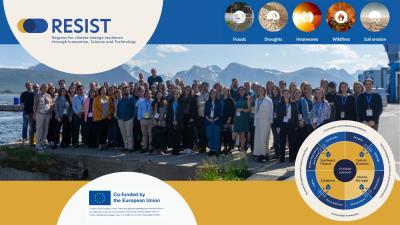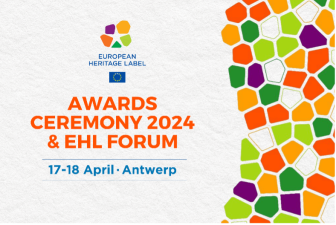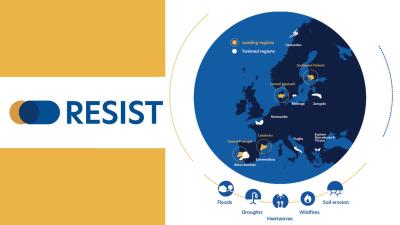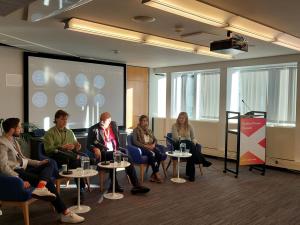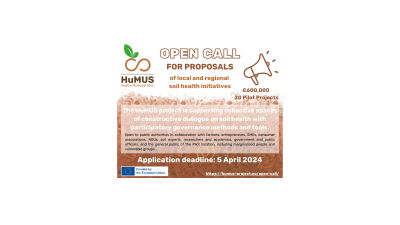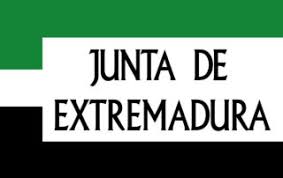
Three organisations interconnected: Junta de Extremadura through the Secretary-General of R&I and University which aims to promote and coordinate the scientific, technological and business sectors of the region; Fundecyt-Pctex is the Regional Public Innovation Agency which has the public mandate to represent the regional government in ERRIN, facilitating the participation of regional stakeholders and promoting their interests within the network; Delegation of Extremadura in Brussels which has a transversal position facilitating the connection across the department of the government. The two R&I major priorities are the sustainable management of natural resources and the application of technologies for quality of life. Based on these two priorities we rely on five areas of excellence: Agriculture, Tourism, TIC, Clean Energy and Health, which translates into the following fields of research: eco-design and new materials, software engineering and computing, chemistry, biochemistry and biotechnology; agronomy, biology and ecology, electronics and automation. Therefore, Junta de Extremadura represents regional stakeholders working on these areas among which we find the University of Extremadura, the Regional Research and Technology Centre of Extremadura (CICYTEX), technology-oriented companies and agro cooperatives.
Contact detail
-
Contact person
-
Brussels Office Address
Avenue de Cortenbergh 89
1000 Brussels
Belgium

S3 Strategy
A model of participatory governance has ensured the involvement of citizens and stakeholders using a ‘bottom-up’ approach in which the identification of the initial situation. The strategy is defined based on five pillars identifying the main sectors to promote in Extremadura at medium and long-term: agro-industry, energy, tourism, health and ICT, to contribute to the competitiveness improving and to the creation of new opportunities for entrepreneurship and businesses.
The main detected challenges are:
• To consolidate a society based on knowledge and talent;
• To develop an internationalised and competitive industry, capable of generating wealth in a sustainable manner;
• To build a society for the change, continuous improvement, creativity, knowledge, entrepreneurship and internationalisation;
• To develop a set of infrastructures adapted to the needs of the region, allowing the inner development, and strategically connected with other regions and internationally.
Latest Updates
- By Gaia Ialisa Marotta
A year and a half of building resilience together – RESIST project wrapped
The RESIST project, aimed at enhancing climate resilience across twelve EU regions, has made significant progress over the past year and a half. Four frontrunner regions are leading the way in testing climate adaptation solutions, paired with regions facing similar challenges. Key achievements include boosting regional ecosystems, developing a needs assessment methodology, creating a transfer methodology for innovations, building digital twins for climate scenario modelling, compiling a repository of climate adaptation practices, producing a series of project videos, and launching "The Stitch" newsletter to keep stakeholders informed. The project follows the "quintuple helix" innovation model, ensuring solutions are scalable and based on real challenges.
- By Francesca Pozzebon
ERRIN members receive the European Heritage Label
On 17 April, the European Heritage Label Bureau and European Commission held the EHL Awards Ceremony 2024, awarding seven new European Heritage Sites with the label. Among them, several ERRIN members have been selected for their symbolic value, the role they have played in European history and the activities they offer.
- By Gaia Ialisa Marotta
Existing private solutions to foster citizens' engagement in Climate Change adaptation activities
On 18 April, the RESIST project, in which ERRIN is a partner, hosted a webinar for the regions involved. The webinar focused on private solutions that can help encourage citizens' engagement in Climate Change adaptation activities. During the event, three solutions were presented: CoTowns, which is a technology that rewards citizens for contributing towards a sustainable urban environment; Maptionnaire, a platform used to design and manage community engagement; and MI4pADAPT, which is a DIY manual for stakeholder and citizen engagement.
- By Rodolphe Doité
RIPEET boosts co-creation for energy transition in EU regions
On 17 and 18 January 2024, ERRIN held an event focusing on stakeholder engagement methodologies in energy transition as part of its project, RIPEET. The event gathered local and regional authorities, co-creation experts, European Commission representatives and researchers to discuss the critical role of stakeholder engagement in energy transition.
- By Silvia Ghiretti
Exploring Synergies between European Partnerships and EU Missions – Mutual Learning Event
ERRIN and the TRAMI project are organising a Mutual Learning Event aiming to explore synergies between European Partnerships and EU Missions. The event will take place on Wednesday 7 February from 9:00 to 12:00 (CET) at the NCBR Brussels Office, Rue Belliard 40, Brussels.
- By Gianpiero Petruzziello
HuMUS open call for proposal - Participatory governance on soil health - Deadline Extended until 5 April
The HuMUS project has launched a cascade funding call aimed at supporting 20 pilot projects in fostering participatory governance methods to improve soil health at regional and local levels in Europe. The total budget for the HuMUS Call for Pilot proposals is €600.000, with a maximum subgrant of €30.000 (lump sum) per Pilot Project. The deadline for proposal submission has been extended until 05 April 2024.

